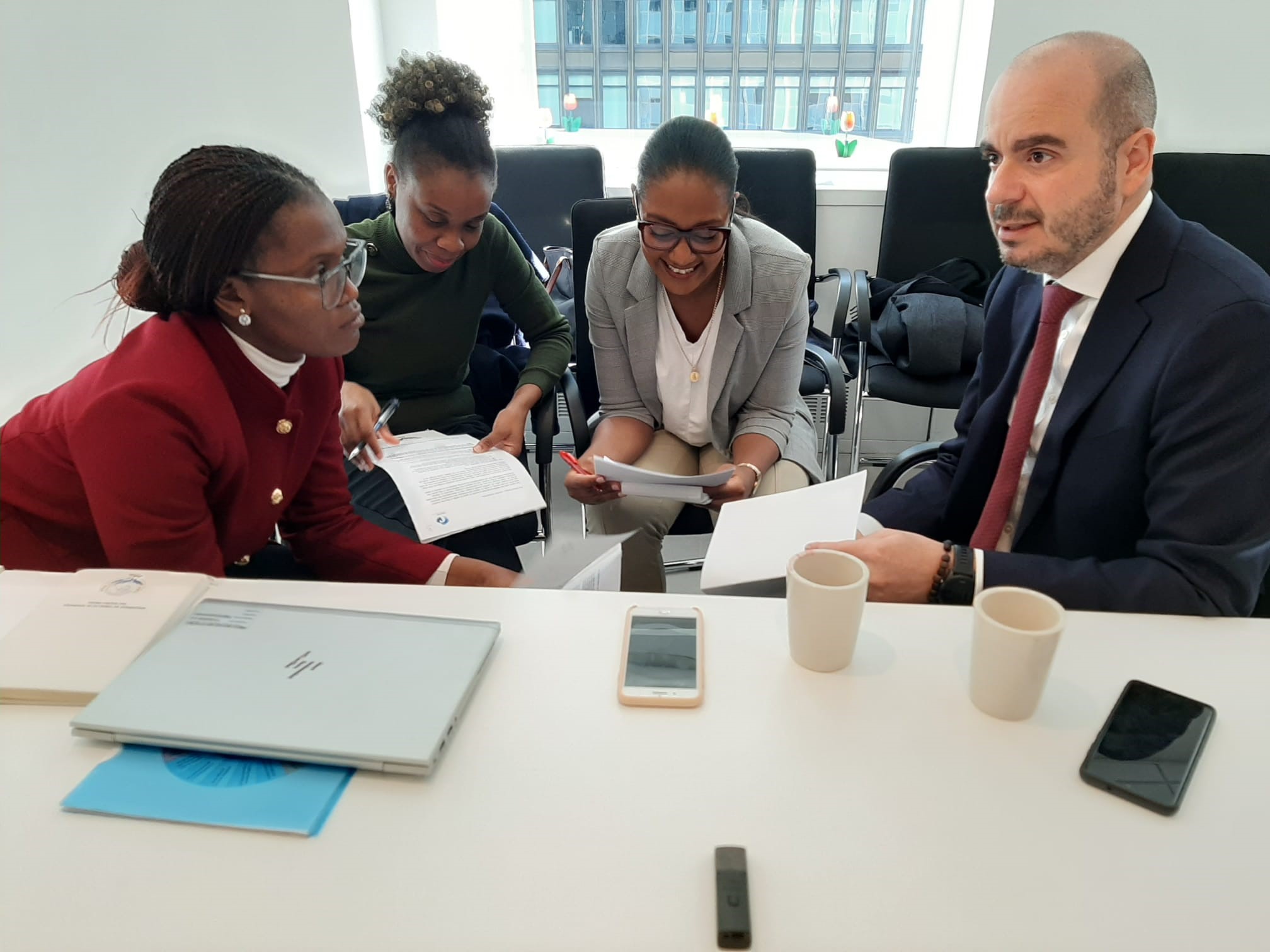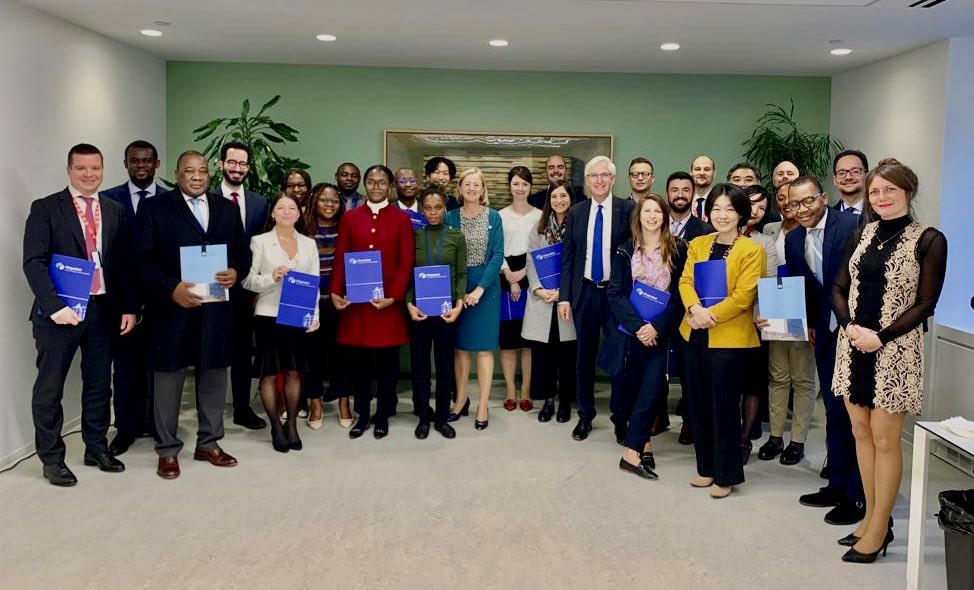News
From 19 until 21 October, Clingendael Academy trained diplomats of the Newly Elected Member States of the United Nations Security Council (UNSC) for the 2023-2024 period. In the three-day training programme, diplomats from Ecuador, Japan, Malta, Mozambique and Switzerland sharpened their negation skills and learned about the international legal framework of international security in preparation for their two-year period on the Security Council. The training was organised at and with support of the Permanent Representation of the Kingdom of the Netherlands to the UN. For the past seven years, Clingendael Academy has provided this training programme to newly elected member states of the UNSC. It has since become one of the established trainings for newly posted diplomats in New York at the UNSC.
Preparing for UNSC membership

The training programme provided participants with practical tools for complex multilateral negotiations, such as the PIN-model (position, interest, needs), distributive and integrative bargaining skills, conflict-handling modes and analytic tools to break deadlocks. The training allowed participants to practice the newly acquired skills directly in realistic UNSC-related simulations. The training also provided them with insights on the legal framework of the UN charter in which the UNSC operates, and how wordings in UNSC resolutions may determine the binding nature of its decisions. Above all, it provided them with an important network to make a successful start of their term at the UN in New York.
Challenges and opportunities for new UNSC members
The two-year term on the Security Council brings many challenges and opportunities for the elected members. The training addressed the difficult questions diplomats will find themselves in. How to effectively negotiate in this arena, considering the power differences between the five permanent members and the ten (rotating) elected members? How to chair the UNSC meetings during the Presidency month? What does it mean to be a (co-)penholder on one of the thematic or country-specific resolutions? And how to make sense of the legal framework in which the UNSC operates, and what makes a UNSC resolution binding on all UN member states?






